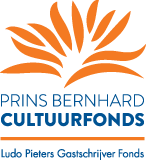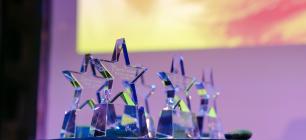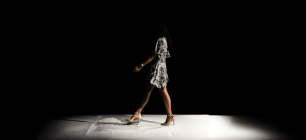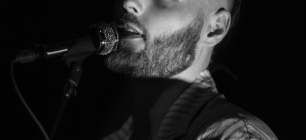
Live podcast recording Climate Poets - Saving what affects you
Hosts: Moya de Feyter and Pim Cornelussen
Guests: Renée Rooijmans and Astrid Haerens
Live recording episode 1: The transparent city
Redden wat je raakt ('Save what moves you') is a podcast series forging new links between poetry and science. In each episode, listeners are introduced to the personal universe of a thinker and a poet, brought together around a climate-related theme. How can philosophy and poetry work to fuel each other? In what ways can a poet's lyrical words enhance an anthropologist's research? What place does science have in poetry? Does climate science need a new language to enable a social turnaround?
"The Transparent City" is the first installment of Redden wat je raakt. Guests for this episode are urban anthropologist Renée Rooijmans and poet Astrid Haerens. We discuss the city as a multiform organism made up of plants, animals and fungi, as well as buildings, streets and people. What does such an equally intertwined community of living beings look like? An...
Hosts: Moya de Feyter and Pim Cornelussen
Guests: Renée Rooijmans and Astrid Haerens
Live recording episode 1: The transparent city
Redden wat je raakt ('Save what moves you') is a podcast series forging new links between poetry and science. In each episode, listeners are introduced to the personal universe of a thinker and a poet, brought together around a climate-related theme. How can philosophy and poetry work to fuel each other? In what ways can a poet's lyrical words enhance an anthropologist's research? What place does science have in poetry? Does climate science need a new language to enable a social turnaround?
"The Transparent City" is the first installment of Redden wat je raakt. Guests for this episode are urban anthropologist Renée Rooijmans and poet Astrid Haerens. We discuss the city as a multiform organism made up of plants, animals and fungi, as well as buildings, streets and people. What does such an equally intertwined community of living beings look like? And how does it feel when you stand in the middle of it?
Former poet laureate of Rotterdam Hester Knibbe wrote a new poem especially for this episode.
Biographies:
As an anthropologist, Renée Rooijmans creates connections between humans and their natural environment. Among other things, she designs expeditions to let people land in their own landscape and creates processes to let places come to life, such as the food forest in Trompenburg Arboretum and Gardens or a recently constructed osiery in Rhoon. For the Dakdorpen Collectief, she co-designs villages on roofs. And through various projects, Renée explores what it is to be human in this world, on this land.
Astrid Haerens grew up in Zwevegem and lives in Brussels. She holds a master's degree in Word Art (Drama) from the Antwerp Conservatory, where she graduated with a multidisciplinary performance exploring the relationship between image and language. Astrid writes prose and poetry. In September 2017, she published her debut novel "Stadspanters" (Polis Publishers), a novel about multilayered, fluid, searching identities in the metropolis. Other work she has published in Revisor, De Gids, Het liegend konijn, de Poëziekrant, DW B, deBuren, De Standaard, Deus ex Machina and Hard//Hoofd, among others. In 2019, Astrid toured the Westhoek, talking to more than two hundred people and creating a multimedia poetry map of the region. With Leonardo van Dijl, she also made a poetry film for that purpose. In the spring of 2022, she published her poetry debut 'Oerhert' (Atlas Contact). That collection was nominated for the Herman de Coninck Prize. Excerpts from 'Oerhert' were translated into English for Versopolis by Egan Garr. Astrid is fascinated by crossovers. She is currently working with sound artist Mariske Broeckmeyer (MARIS). Together they investigate, among other things, the articulation and physicality of poetry and music.
Pim Cornelussen lives and works in Antwerp. He was editor-in-chief of literary magazine Kluger Hans, wrote for theater and is an active member of the Climate Poets. His work has appeared in Het Liegend Konijn, Deus Ex Machina, Hard/Hoofd, De Optimist, De Standaard and The Low Countries, among others. Ecological mourning occupies a large place in his work.
Moya De Feyter writes poetry and prose. She debuted in 2018 with Until Someone Finally, a collection of poetry that was nominated for the Poetry Debut Prize. Her second collection Mass strandings, which is built around the image of washed-up whales, was awarded the J.C. Bloem Poetry Prize. In A Very Thin Layer, she searches for light through short, scanning pieces of prose. Moya likes to be on stage often and is the founder of the Climate Poets. In 2022, she received the PrixFintroPrijs for Dutch-language literature.
Sa June 8
LantarenVenster - hall 6
Language and duration
Language: Dutch
Duration: 1 hour
Important information
It is possible to attend this program as part of your Saturday day ticket or passe-partout ticket.
Sponsors



